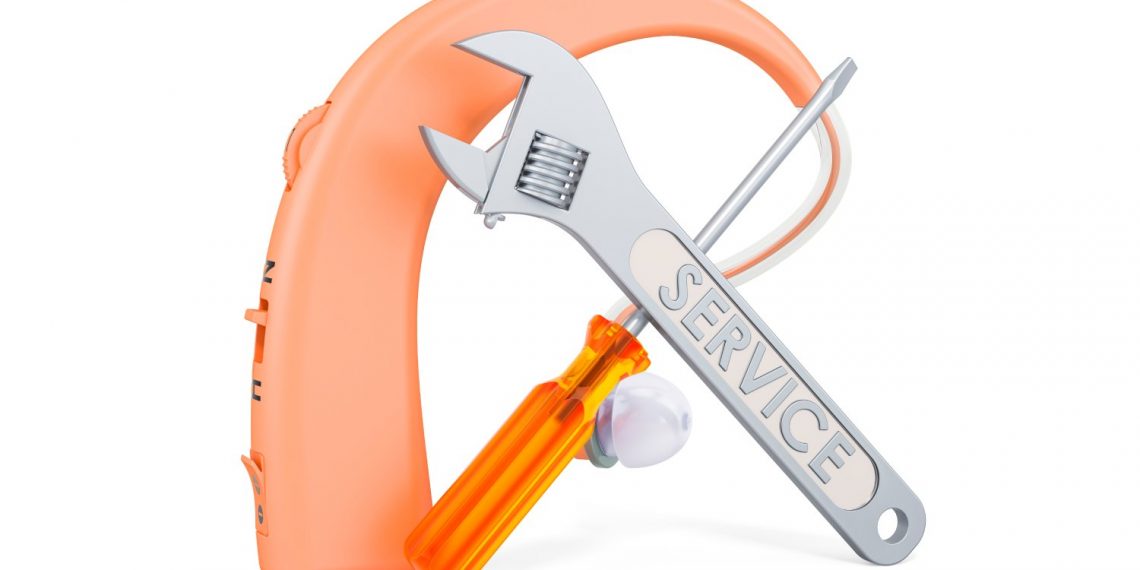When it comes to your hearing aids, there are many things that can cause them to malfunction. But the good news is, you can easily resolve these problems by knowing how to ‘troubleshoot’ them.
When the Hearing Aid is Silent
If you experience this problem, start with the basics: Is the battery flat? Replace it. If there’s no change, try a fresh battery, ensuring it’s correctly placed and hasn’t expired. If wax is the culprit, clear out the sound bore and replace its filter.
Moisture or wax in the tubing? Use an air puffer to cleanse it. If it remains unresponsive, seek a professional check at your Hearing Clinic.
When Your Hearing Aid Whistles
This can stem from sound escaping your ear canal, and rebounding into the aid’s microphone.
Ensure your hearing aid sits snugly in your ear. Remember, color codes matter: red for right, blue for left. Be wary of external culprits: hats rubbing against the microphone or phones held too close can cause that whistling.
If you use a BTE hearing aid, inspect the tubing for damage; any cracks may warrant a replacement from the Hearing Clinic.
Earwax might be another suspect. If it’s obstructing your ear canal, a GP or clinician should examine it. Too much? A trained professional will handle its removal. The fit of your dome or earmould can also affect sound leakage; if it’s not snug, it might be time for an adjustment or replacement.
High-frequency settings on your hearing aid can also lead to whistles; your clinician can fine-tune it for you. If, after all these steps, the whistle persists, there might be an internal issue requiring repair.




